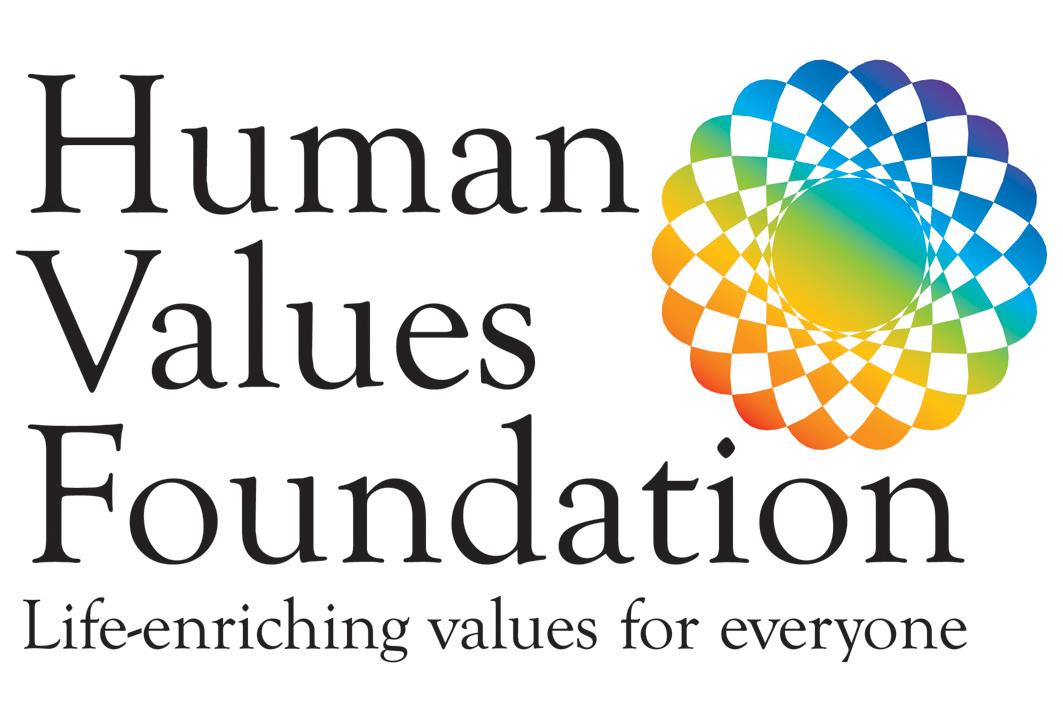
HUMAN VALUES FOUNDATION: VALUES-THEMED ARTICLE AUGUST 2012
Considering that any person who serves as an example and whose behaviour is emulated by others is a role model, the big ASK is: What kind of ATTITUDES are young people learning from us? Which SKILLS are they developing from us? What KNOWLEDGE are they gaining from us?
With a new academic year just over the horizon, the summer holidays could be a particularly good time for personal reflection and development, and consideration about how we can consciously motivate young people to make the most of their rich education opportunities and inspire them to become the best they can be, realise their full potential and live their dreams – while remaining true to themselves.
Role models – potential examples to be imitated – are constantly cropping up in the lives of young people. Many of them include parents and other adults in a family, siblings, teachers, peers and all kinds of public figures and celebrities. Since children tend to copy what they see, a chosen role model may not arise from a direct connection but rather from observation at a distance, for example, in noticing how someone treats or relates to another person, makes an impact on his or her community, makes a difference to society or has dealt with significant barriers or setbacks. Some role models are chosen because of what they have achieved, while others may be followed due to their perceived status.
Marilyn Price-Mitchell, a developmental psychologist, conducted research into how young people develop the skills, abilities and motivation to become engaged citizens. HVF-Being a Role Model
